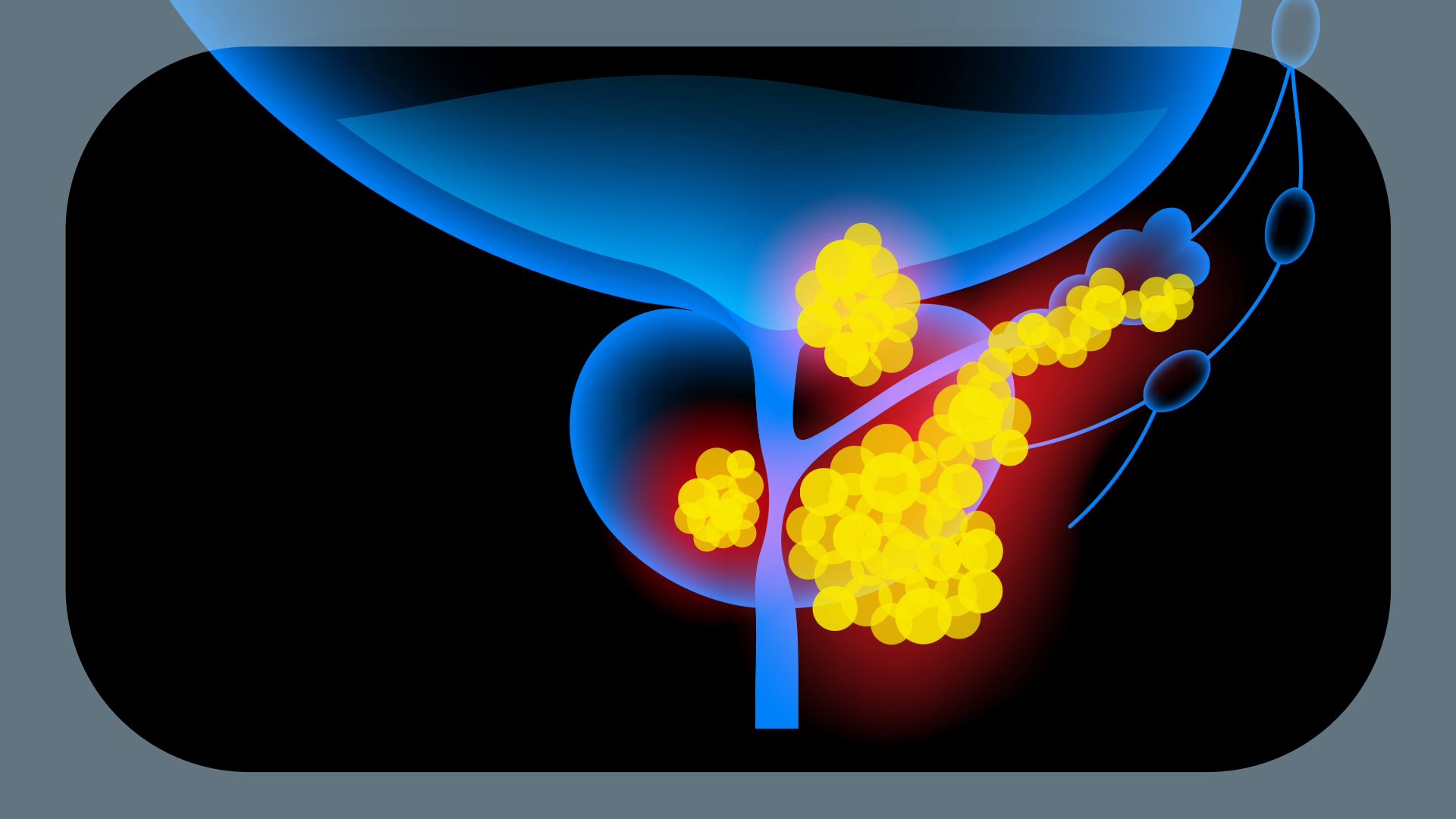Metastatic Castration-Resistant Prostate Cancer |
Image credit: © pikovit – stock.adobe.com
The FDA has granted fast track designation to HLD-0915 for the treatment of patients with metastatic castration-resistant prostate cancer (mCRPC).1
HLD-0915 is currently under investigation in a first-in-human, phase 1/2 trial (NCT06800313) in patients with mCRPC. The open-label, multi-center trial is designed to ascertain the safety, tolerability, pharmacokinetics (PK), pharmacodynamics (PD), and antitumor activity of HLD-0915 monotherapy in patients with mCRPC.
The study’s phase 1 dose escalation will explore the maximum tolerated dose (MTD) and/or recommended dose(s) for expansion of HLD-0915 as a single agent. Subsequent phase 2 expansion cohorts will further characterize the safety and efficacy of HLD-0915.
“We are pleased HLD-0915 has been granted fast track designation by the FDA for patients with mCRPC,” Christian Schade, president and chief executive officer of Halda Therapeutics, stated in a news release. “Fast track designation is an important step forward as we work to advance this program through clinical development and, ultimately, to bring a novel, highly selective, oral-based treatment option to patients living with this challenging disease.”
HLD-0915 is an orally administered, bifunctional small molecule therapy designed to selectively target prostate cancer tumor cells by binding the androgen receptor and effector proteins. The ternary complex stimulates the formation of new protein-protein interactions, preventing an essential function within cancer cells that translates antitumor activity.
In preclinical prostate cancer models, treatment with HLD-0915 led to tumor shrinkage and reductions in prostate-specific antigen (PSA), with favorable therapeutic index, including in drug-resistant models.
The ongoing phase 1/2 trial will seek to further define the therapeutic profile of the agent. Eligible patients must be at least 18 years of age and have received a histological, pathological, and/or cytological diagnosis of prostate adenocarcinoma.2 Additional eligibility criteria stipulate that patients must have undergone prior orchiectomy and/or ongoing androgen deprivation therapy and have a castrate level of serum testosterone.
Progression on prior therapy, defined by PSA progression with or without radiographic progression, is also mandated. Traditional enrollment criteria, including an ECOG performance status of 0 or 1, life expectancy of at least 3 months, and adequate hematological, renal, and hepatic function, are also required. Notably, patients must have the ability to swallow an oral medication, given HLD-0915’s administration. Patients who are receiving a stable dose of bisphosphonate or denosumab for 30 days prior to enrollment are included.
Patients whose tumors express a neuroendocrine or small cell carcinoma component on histopathology will be excluded. Patients will also be prohibited from accrual if they have experienced a recent major bleed or have a known bleeding disorder, are receiving continuous corticosteroids at a prednisone-equivalent dose of greater than 10 mg/day, or have received systemic anticancer therapy or other investigational drugs within 2 weeks before the first dose of HLD-0915.
Approximately 33 patients will receive HLD-0915 in 21-day treatment cycles until evidence of disease progression or study discontinuation.
The primary objective of phase 1 is to establish the frequency of dose-limiting toxicities and adverse effects. Secondary objectives of phase 1 include the evaluation of PK parameters, the proportion of patients with PSA declines measuring at least 30%, 50%, and 90%, and clinical end points like objective response rate, duration of response, radiographic progression-free survival, and time to response.
In February 2025, Halda Therapeutics announced that the first patient had been dosed in the trial.3
“We are very pleased to have initiated the clinical evaluation of HLD-0915 to address the unmet needs of cancer patients with mCRPC,” Schade stated at the time of the announcement. “Initiation of this study marks a significant step in advancing our novel small molecule RIPTAC [Regulated Induced Proximity TArgeting Chimeras] modality as an important new approach for the treatment of cancer.”
References
- Halda Therapeutics receives FDA fast track designation for HLD-0915 for the treatment of metastatic castration-resistant prostate cancer. News release. Halda Therapeutics. August 14, 2025. Accessed August 14, 2025. https://haldatx.com/halda-therapeutics-receives-fda-fast-track-designation-for-hld-0915-for-the-treatment-of-metastatic-castration-resistant-prostate-cancer/
- A study of HLD-0915 in patients with metastatic castration resistant prostate cancer (mCRPC). ClinicalTrials.gov. Updated April 16, 2025. Accessed August 14, 2025. https://clinicaltrials.gov/study/NCT06800313
- Halda Therapeutics announces first patient dosed in phase 1/2 clinical trial evaluating HLD-0915 in metastatic castration-resistant prostate cancer. News release. Halda Therapeutics. February 24, 2025. Accessed August 14, 2025. https://haldatx.com/halda-therapeutics-announces-first-patient-dosed-in-phase-1-2-clinical-trial-evaluating-hld-0915-in-metastatic-castration-resistant-prostate-cancer/
